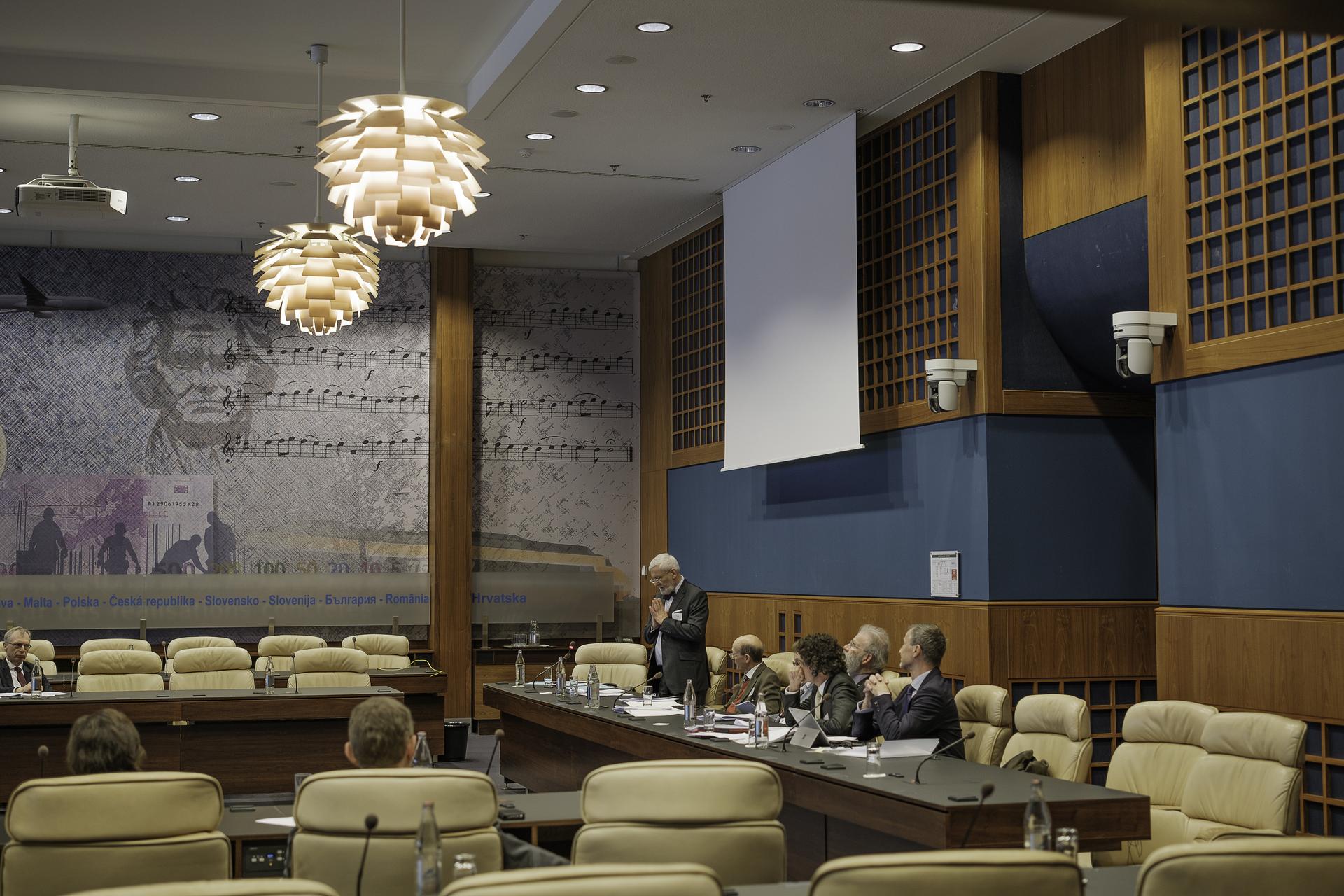
In addition to the Treaties governing the European Union and its functioning, the European institutions have issued numerous regulations and directives in a wide variety of areas. The Court of Justice of the European Union was set up to ensure compliance with European law. This Court is the highest court in the Union.
In its case law the Court of Cassation must comply with the precedents of the Court of Justice. When the Court of Cassation receives a case that raises a question of interpretation of Community law and the Court of Justice has not yet given an answer, it must refer the question to the Court of Justice for a preliminary ruling. Whenever this happens, the Court of Cassation must adjourn the case until the Court of Justice has answered the question. The Court of Cassation is binded by the answer it recieves. The obligation to submit a preliminary question does slow down the course of justice, but it is essential for the unity of law in Europe. The Court of Cassation is only relieved of the obligation to refer a question to the Court of Justice for a preliminary ruling when the correct application of Community law is so obvious that it leaves no room for reasonable doubt as to the meaning of the applicable rule (clear act); nor will the Court of Cassation refer a question for a preliminary ruling when the Court of Justice has already ruled on the matter (informed act).
The case law of the Court of Cassation must be consistent with that of the European Court of Human Rights.
In the formal sense of the term, there is no possibility of submitting a preliminary question to the European Court of Human Rights. However, Protocol No. 16 to the European Convention on Human Rights and Fundamental Freedoms, which entered into force on 1 August 2018, offers the highest national courts the possibility of requesting opinions on questions of principle concerning the interpretation or application of the rights contained in the treaty and its protocols. This protocol has been signed by Belgium but not yet ratified1
Finally, there is a Constitutional Court in Belgium which rules, among other things, on conflicts between the Constitution and laws and decrees and on conflicts between decrees. When such a conflict arises in a case, the Court of Cassation must, as a rule, refer a preliminary question to the Constitutional Court in order to resolve the contradiction. The Constitutional Court is also competent to rdecide, by way of a judgment, the partial or total annulment of a law, a decree or an ordinance.
The Court of Cassation maintains regular contacts with the supreme courts of our neighbouring countries, such as the French Court de Cassation and the Dutch Supreme Court.
In addition, a number of judges represent the Court in advisory bodies and associations.